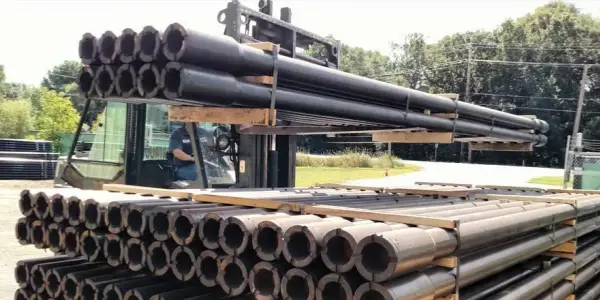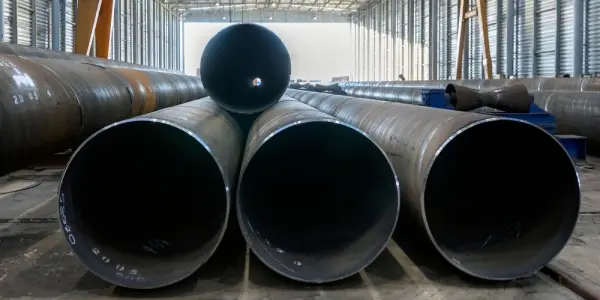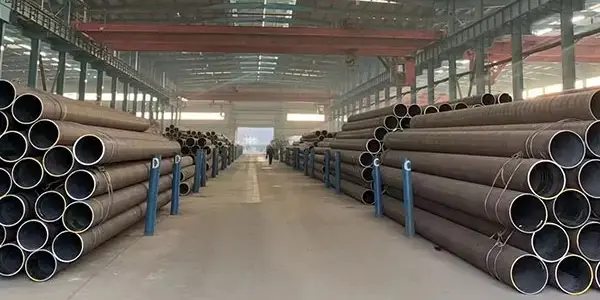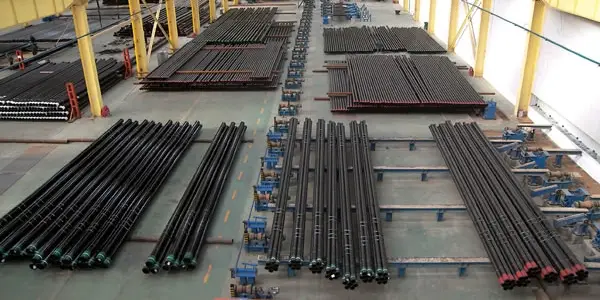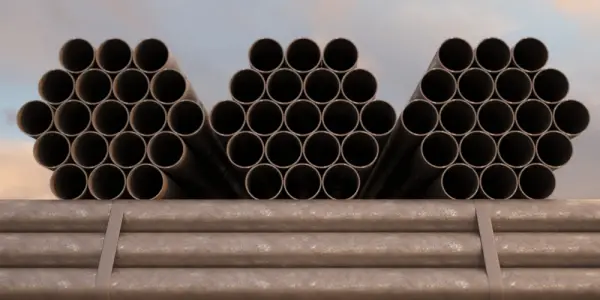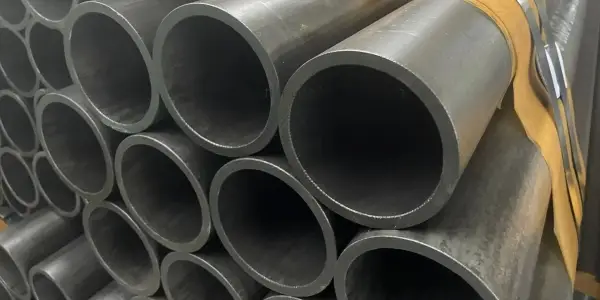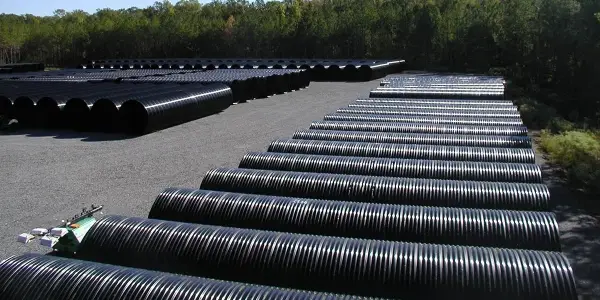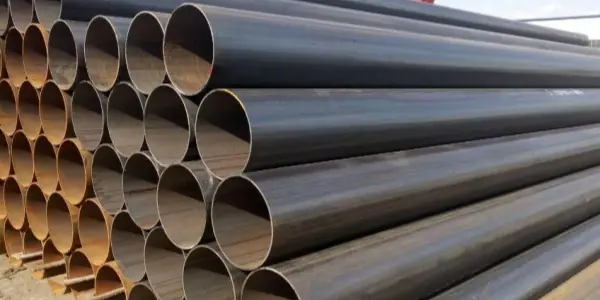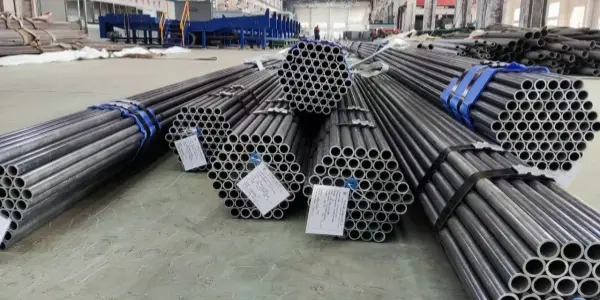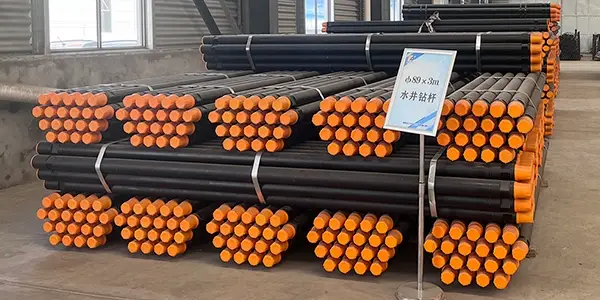-
Commonly used drill pipe sizes and inner diameters
Drill pipes are crucial in the oil drilling industry, serving the dual purpose of creating boreholes and advancing drill bits. These pipes are available in a variety of sizes to accommodate the drilling of wells at different depths and through various types of rock strata. The following overview will detail the common sizes and inner diameters of drill pipes.
Read More
-
Carbon steel SSAW pipe implementation standards
When Spiral Submerged Arc Welded (SSAW) pipes are utilized in various engineering applications, adherence to different standards is necessary. The entire process from production to manufacturing, testing, and delivery must conform to these standards. A benchmark is essential for assessing the quality of spiral welded pipes, and with the implementation of standards for spiral steel pipes, there is a clear basis for evaluation. This article will discuss the standards for the implementation of carbon steel SSAW pipes.
Read More
-
Seamless steel pipe long-term storage and maintenance
Seamless (SMLS) steel pipes are essential components widely utilized in industries like petroleum, natural gas, chemicals, electric power, and aviation. Proper storage and maintenance of these pipes are critical to preserving their quality and performance. Here are some guidelines provided by USI carbon steel pipe manufacturer for the effective storage and upkeep of seamless steel pipes.
Read More
-
OCTG casing pipe sizes
OCTG casing pipe sizes are crucial for successful well construction and operation in industries such as oil and gas, water supply, and geothermal energy extraction. The right casing size not only ensures the structural integrity of the well but also enhances its operating efficiency and longevity. This discussion highlights the significance of steel well casing sizing, factors influencing its selection, and provides examples of its application in various well construction scenarios.
Read More
-
Acceptance standards and methods for welded steel pipes
Welded steel pipes are crucial in various industries such as construction, machinery, oil and gas, hydropower, and chemicals, where the safety and longevity of projects heavily depend on the quality of welding. To ensure this, rigorous acceptance standards must be met. Here, Union Steel Industry - carbon steel pipe manufacturer outlines the acceptance criteria and methods for evaluating welded pipes.
Read More
-
Introduction to 100Cr6 seamless steel pipe
The 100Cr6 seamless steel pipe is a notable product in the steel industry, renowned for its exceptional properties and broad applicability. This pipe supports stable and reliable material needs for industrial manufacturing, furthering the growth and advancement of various sectors. Let's explore the distinct characteristics of this steel pipe and its extensive uses across different industries.
Read More
-
Common problems during the production of coated steel pipes
During the production and processing of coated steel pipes, a variety of problems may be encountered that can affect the quality and performance of the pipe. Here are some common problems and their possible causes.
Read More
-
Welding advantages of ERW carbon steel pipes
Resistance welding of ERW (Electric Resistance Welded) carbon steel pipes involves clamping the workpiece between two electrodes and applying an electric current. The current flows through the workpiece's surface and adjacent areas, generating heat due to electrical resistance. This heat brings the metal to a molten or plastic state, allowing for the creation of a metallic bond.
Read More
-
How long is the corrosion resistance of carbon steel pipes?
The lifespan of carbon steel pipes' corrosion resistance varies based on their environment, handling, and other factors, typically exceeding 10 years. To enhance the durability of carbon steel pipes, it's crucial to manage their transportation, installation, cleaning, and maintenance carefully. Choosing pipes with superior corrosion resistance and promptly addressing any detected cracks or corrosion issues are essential steps. This article will explore these strategies in detail.
Read More
-
Drill pipe usage methods and precautions
Drill pipe is a critical component in contemporary drilling operations, vital for ensuring the safety of personnel underground and fulfilling the demands of the drilling process. This article outlines the proper usage methods for drill pipe and important considerations during its operation.
Read More

 English
English Español
Español




 Tel : +86-18565811709
Tel : +86-18565811709 Email :
Email : 
